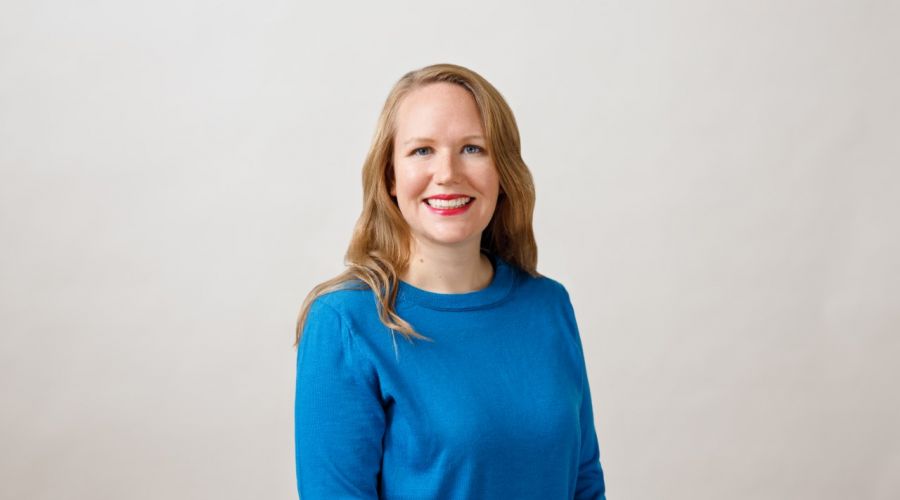
A new start-up co-founded by a Gates Cambridge Scholar aims to speed up trials for treatments, vaccines and tests for COVID-19.
Recruitment [for medical trials] causes a lot of delays and wastes a lot of time and money and this means it takes longer for people to access new effective medications.
Emily Jordan
A new start-up has launched a platform to connect patients to clinical trials for vaccines, diagnostic tests and therapeutic treatments in development for COVID-19.
The Ancora.ai platform has been launched today by start-up Intrepida. It uses the latest technology and a patient-first approach to democratise clinical trial access.
The aim is also to speed up the process of developing treatments, tests and a vaccine for COVID-19.
Gates Cambridge Scholar Emily Jordan [pictured] is a co-founder and the COO of Intrepida, which was set up last year by three healthcare experts. “We had all worked together in pharmaceutical consulting on drug development projects and were aware of the problems pharmaceutical companies face in finding people to participate in clinical trials. Recruitment causes a lot of delays and wastes a lot of time and money and this means it takes longer for people to access new effective medications. We questioned why it was so hard to find patients when their role is so vital in drug development.”
Patients can go to Ancora.ai and search for clinical trials by therapeutic area and personal characteristics, such as their concomitant conditions. They will be asked to fill in a short questionnaire to ensure they are matched, via artificial intelligence, to the most relevant trials. Jordan says the algorithm uses the latest advancements in natural language processing and can filter out irrelevant trials quickly.
The platform aims to simplify the whole process for patients so it is easier for them to get involved in trials.
Jordan says the number of clinical trials for COVID-19 has increased by 51% in the last week, with most being for therapeutic treatments. There are also some trials for vaccines and diagnostics. The platform is updated every day with the latest trial data.
Ancora.ai intends to work with pharmaceutical companies and research organisations that are contracted by pharmaceutical companies. The companies will pay a fee per patient enrolled in their trials.
The platform provides unbiased clinical trial information by collecting information from public trial registries so that patients, their healthcare professionals and their loved ones can evaluate all potential treatment options; helps patients and their doctors and caregivers make the best personal decisions for their treatment plan at no cost to patients; and aims to ensure that clinical trials are more reflective of diverse populations.
Jordan says the platform hopes to connect patients to trial within days. While Ancora.ai lists trials around the world, the business is focused mainly on North America and Europe.
Jordan [2009], who completed her PhD in Experimental Psychology, has previously worked for several health technology start-ups and in pharmaceutical consulting. She is currently based in Berlin while her colleagues are in Zurich. She says the original idea for Ancora.ai was to focus on cancer patients, but, as COVID-19 took its toll, the company thought about what they could do to help tackle the pandemic. “We thought ‘we are in health; what can we offer?’” she says. “Very quickly we decided to integrate COVID-19 trials into the platform. It has been very motivating to do something positive in such otherwise bleak times.”












